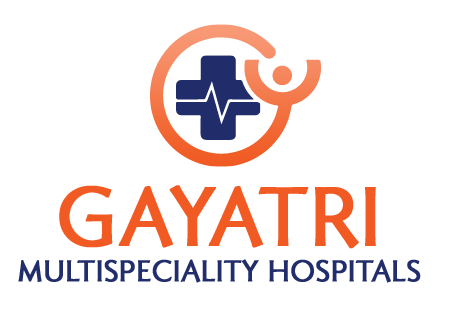Polysomnography, additionally called a sleep study, is an exhaustive test used to analyze sleep problems. Polysomnography records your mind waves, the oxygen level in your blood, pulse, and breathing, just as eye and leg movements during the study. While it's commonly performed around evening time, polysomnography is sporadically done during the day to oblige shift laborers who constantly rest during the day.
As well as diagnosing sleep problems, polysomnography might be utilized to help start or change your treatment plan if you've effectively been determined to have a sleep issue. Polysomnography screens your sleep stages and cycles to recognize if or when your sleep designs are disturbed and why. There are various sorts of home sleep apnea test gadgets utilizing various blends of sensors. They for the most part record your breathing rate and wind stream, just as oxygen levels and pulse.
Consult sleep study doctor in Ongole for sleep disorder treatment at sleep medicine hospital.
Your sleep apnea specialist in Ongole might suggest polysomnography on the off chance that the individual in question might have:
- Sleep apnea or another sleep-related breathing problem. In this condition, your breathing more than once stops and starts during rest.
- Periodic limb movement issue. In this sleep issue, you automatically flex and broaden your legs while dozing. This condition is now and then connected with restless leg syndrome.
- Narcolepsy. You experience overpowering daytime sleepiness and abrupt assaults of rest in this condition.
- REM sleep conduct problem. This sleep problem makes the person act out dreams as you rest.
- Unusual practices during rest. Your specialist might play out this test on the off chance that you do strange exercises during rest, like strolling, moving around a great deal or cadenced movements.
- Unexplained chronic insomnia. Assuming that you reliably experience difficulty nodding off or staying unconscious, your specialist might suggest polysomnography.
While you rest, a technologist screens your:
- Brain waves
- Eye developments
- Heart rate
- Breathing pattern
- Blood oxygen level
- Body position
- Chest and stomach development
- Limb movement
- Snoring and other commotion you might make as you rest
